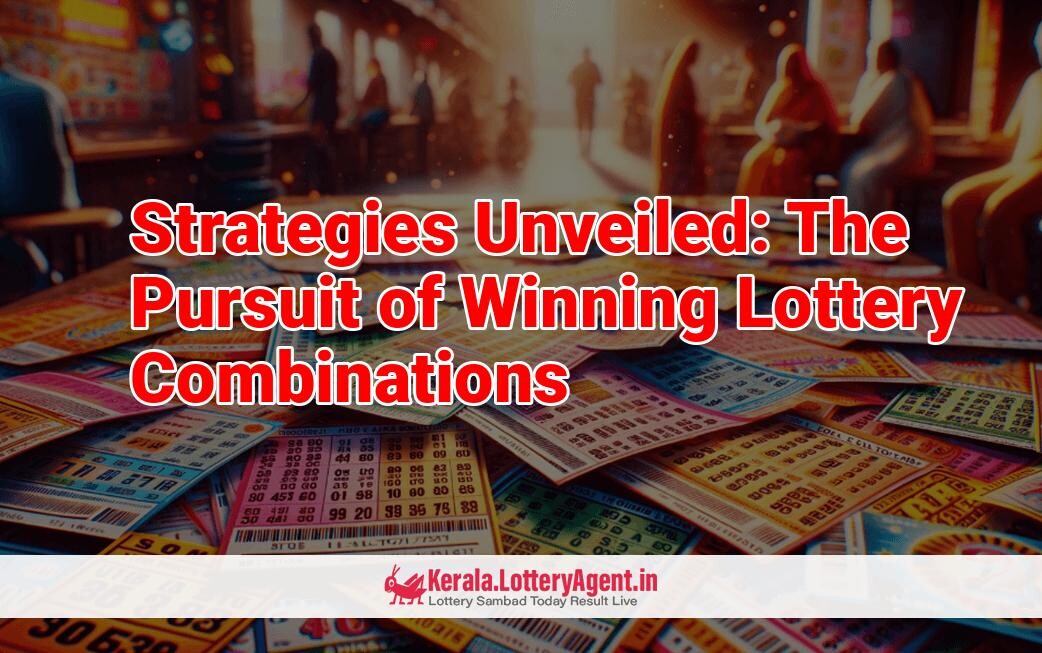
Amid the randomness of lottery draws and the plethora of numbers on each ticket, lottery enthusiasts often ponder the optimal approach to selecting their numbers. While an infallible method remains elusive, knowledge of certain strategies to choose the best lottery numbers can enhance the prospects of securing a larger prize. In the lottery cosmos, randomness reigns supreme, spurring individuals to seek patterns or signs that might tip the scales in their favor, sometimes even resorting to supernatural explanations or serendipitous dreams.
Random selection may result in serendipitous victories, but biases stemming from superstitions or selective patterns, such as the use of dates, could impair the odds. Superstitious methods, like selecting numbers according to astrological signs or other fortune-telling practices, statistically provide no edge over simple randomness, barring any self-imposed limitations such as exclusively using dates.
Yet, not all number-picking methods are tethered to chance. Some systematic approaches exist, which, while devoid of guarantees, can add an element of structure to the selection process. Lottery mavens have at their disposal an arsenal of strategies that shun randomness, including strategies based on frequency, mathematical principles, or even analyzing the behavior of fellow players.
Digging into a specific lottery game’s history of results is one such method. This approach eschews popularity contests in favor of frequency of occurrence. With ease, enthusiasts can amass these numbers from online result archives, deriving better data from a more extensive collection period.
For example, the number “32” has notably been drawn most frequently in the Powerball lottery since its inception, and “61” since 2015, a phenomenon defying logical explanation. In defiance of statistics, it’s believed that undisclosed factors cause these numbers to surface more often. By interpreting such statistics, players may opt for a blend of common (hot) and less common (cold) numbers, thereby curating a mix that might fortify their odds of landing the winning combination.
Quick Pick, the prevalent method for number selection, caters to those pressed for time or uninterested in engaging with past results or complex strategies. A digital number generator can randomly conjure a set of numbers instantly, ensuring the most unpredictable sequence and evading potential biases.
Another individualized approach to claiming a jackpot is to employ personal ‘lucky’ numbers, deriving from star signs, birthdates, anniversaries, or numbers of personal value. Thus, one can circumvent the cliché of ‘lucky’ numbers while aligning with the law of attraction to beckon lottery success, creating a narrative of destiny fulfilled.
Furthermore, leveraging lottery analysis and prediction software could spare players the strain of learning cumbersome strategies. Such software, forged by experts long-acquainted with lottery patterns, come with a treasure trove of historical lottery data, aiding in crafting lottery number combinations.
Numerology, the mystical quantification of life, predicates that each number embodies a unique vibratory essence, potentially revealing insights into personal proclivities and the life path. Similar principles might guide the discovery of propitious lottery numbers, should one choose to believe in the cosmic alignment of numbers.
The Delta System, a mathematical scheme emphasizing the relationship between adjacent numbers, proposes another avenue for lottery number selection.
Those averse to solo ventures might consider joining a lottery syndicate, which amalgamates resources to collectively partake in the draws, thereby expanding one’s numerical coverage and fostering the possibility of shared winnings.
Notably, popular numbers such as “7” and its multiples are commonly selected, yet offer no tactical advantage and may indeed diminish potential rewards by increasing the likelihood of shared prizes. Conversely, analysts have observed that opting for less commonplace numbers can potentially escalate the prize amount, with some combinations unusually overlooked.
To heighten the chances of winning independently, particularly grandiose jackpots, shrewd players might sidestep familiar sequences, eschew numbers aligned with special dates (notably those exceeding 31), and endeavor to break from the conventional patterns that tend to dominate the collective lottery-playing psyche.
In conclusion, while the draw’s inherent randomness renders any strategy fallible, there exists an array of methods, from hot number selection to sophisticated lottery software, which can assist aspirants in their quest for the elusive jackpot. Each participant can embrace one or more strategies congruent with their temperament and persistently adhere to their chosen path, with fortuity as their ultimate ally.











